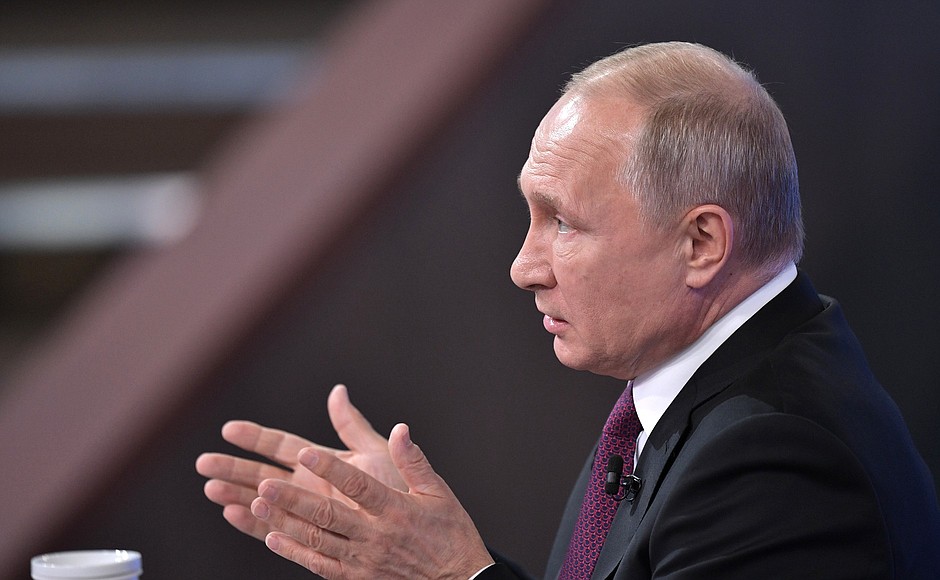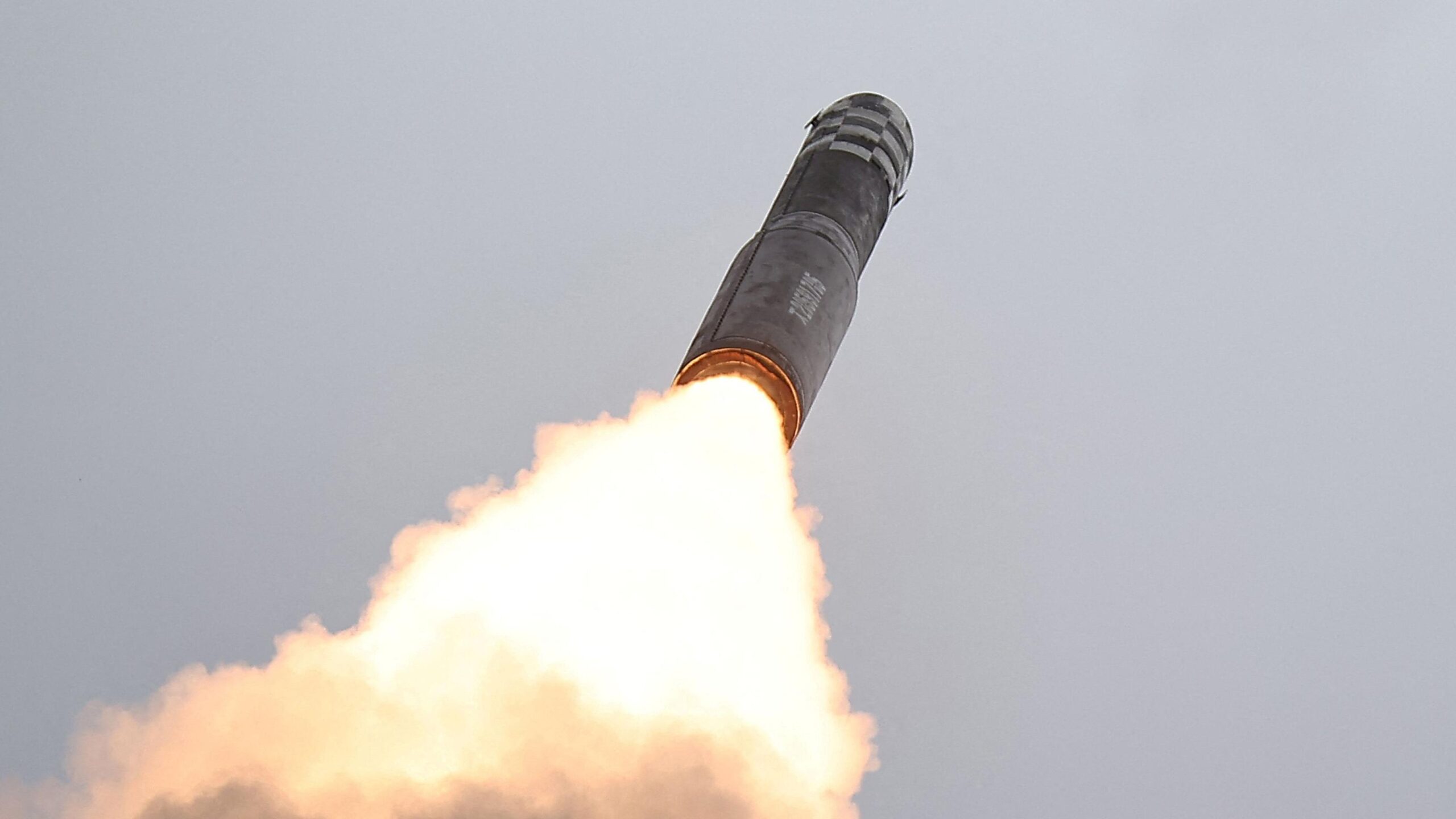New York: India’s Permanent Representative to the United Nations Ruchira Kamboj has questioned the United Nations Security Council for not being able to resolve the conflict between Russia and Ukraine that has continued for over two years.
Calling for reforming “outdated and archaic structures,” Kamboj in the United Nations General Assembly meeting on the situation in Ukraine said that India is concerned over the situation in Ukraine and reiterated Prime Minister Narendra Modi’s statement “this is not an era of war.”
During his meeting with Russian President Vladimir Putin on the sidelines of Shanghai Cooperation Summit (SCO) in Samarkand in 2022, PM Modi had said, “this is not an era of war.”
“At the present juncture, as the conflict has continued for two years unabated, we, the Committee of UN Member States, must pause and ask ourselves two pressing questions. One, are we anywhere near a possible acceptable solution? And if not, why is it that the UN system particularly its principal organ, the United Nations Security Council, mandated to primarily maintain international peace and security. Why is it rendered completely ineffective to the resolution of the ongoing conflict?,” Kamboj said.
“For multilateralism to be effective, outdated and archaic structures need reform and reinvention, else their credibility will always be on the wane. And unless we fix that systemic flaw, we will continue to be found wanting,” she said.
India’s Permanent envoy to the United Nations said that the member states must remain focussed on shared objectives to achieve development goals. She stressed that member states should aim for more cooperation as they continue to make efforts to achieving the sustainable development goals (SDGs) back on track.
Kamboj said, “I will reiterate Prime Minister Narendra Modi’s assertion that ‘this is not an era of war’. We must remain focused on our shared objectives to achieve our development goals and the partnership and cooperation that we will need for achieving these.”
“As we the member states, strive to bring the process of achieving the SDGs back on track, and as we endeavor to forge a significant pact for the future, we should aim for more cooperation and not less. It is crucial, therefore, to keep the faith, to keep the conviction in the power of dialogue and diplomacy, which have reliably and always served humanity’s progress,” Kamboj said.
Highlighting India’s stance amid the ongoing conflict in Ukraine, Kamboj said that India has consistently stated that escalation of hostilties and violence is in the interest of no one. She stated that India has called for making efforts for early cessation of hostilities and returning to path of dialogue and diplomacy.
Ever since the war erupted between Russia and Ukraine, India has called for resolving the conflict through dialogue and diplomacy.
Ruchira Kamboj said, “India continues to remain concerned over the situation in Ukraine. We have consistently held the position that no solution can ever come at the cost of human lives. The escalation of hostilities and violence is in no one’s interest. We have hence urged from the outset that all efforts be made for an early cessation of hostilities and for an urgent return to the path of dialogue and diplomacy.”
She further said, “We have said so before, the global order that we all subscribe to is based on international law, the principles of the UN Charter, and respect for the territorial integrity and sovereignty of all states. Engaging in dialogue stands as the sole path to resolving conflicts and differences, no matter how insurmountable such a course may seem at present.”
Stressing importance of participation of all stakeholders critical for lasting peace, Kamboj said, “The path to peace requires us to keep all channels of diplomacy open. Hence, sincere and practical engagement amongst all stakeholders can help improve understanding and reduce the gap between divergent positions. The wholehearted participation and commitment of all stakeholders will be critical for stable and lasting peace. A focus on alleviating the consequences of the conflict, will be of lasting benefit globally, especially for the most vulnerable societies and economies.”
She noted that some of the economic pitfalls faced by developing nations were brought at the G20 agenda during India’s G20 Presidency. She said that India’s approach to conflict between Russia and Ukraine will continue to remain people-to-people centric. Kamboj called for avodiing steps that endanger the possibility of dialogue and negotiations.
Kamboj said, “India’s G20 presidency has ensured that some of those economic pitfalls faced by developing countries were brought to the forefront of the G20 agenda, and through a consensus-based approach, a roadmap agreed upon. which also provided solutions for countries facing debt distress. Looking ahead, India’s approach to the Ukraine conflict will continue to be people-centric.”
“We are providing both humanitarian assistance to Ukraine and economic support to some of our neighbors in the Global South facing economic distress. We need to avoid steps which endanger the possibility of dialogue and negotiations,” she added.
On February 24, 2022, Russia launched military offensive in Ukraine. The invasion has become the largest attack on a European nation since World War II.
On February 25, Ukrainian President Volodymyr Zelenskyy admitted that at least 31,000 soldiers have died in the ongoing war with Russia, CNN reported. This statement comes one day after marking the second anniversary of Russia’s ‘full-scale invasion’.
While addressing a press conference, Zelenskyy disputed Russian claims of much higher numbers when it comes to Ukrainian casualties. The Ukrainian president also said “tens of thousands of civilians in occupied parts of the country” have been killed.
Ukraine’s battlefield losses are a closely guarded secret, but US officials estimate some 70,000 soldiers have been killed — and nearly twice that number wounded, as reported by CNN. Notably, this statement is significant as throughout the conflict, Kyiv has been hesitant to admit how many soldiers have been killed.
This report is auto-generated from a syndicated feed





















Discussion about this post